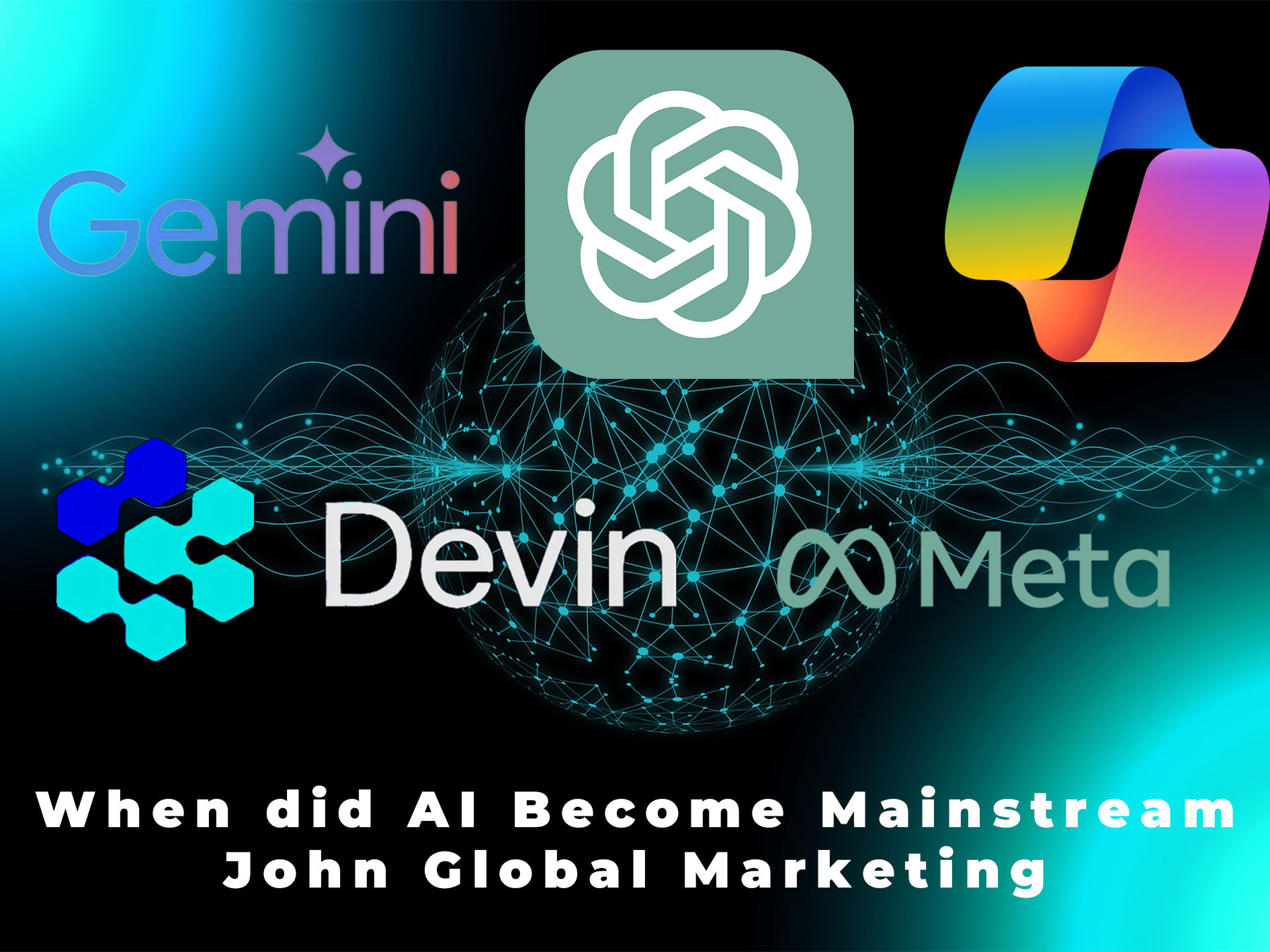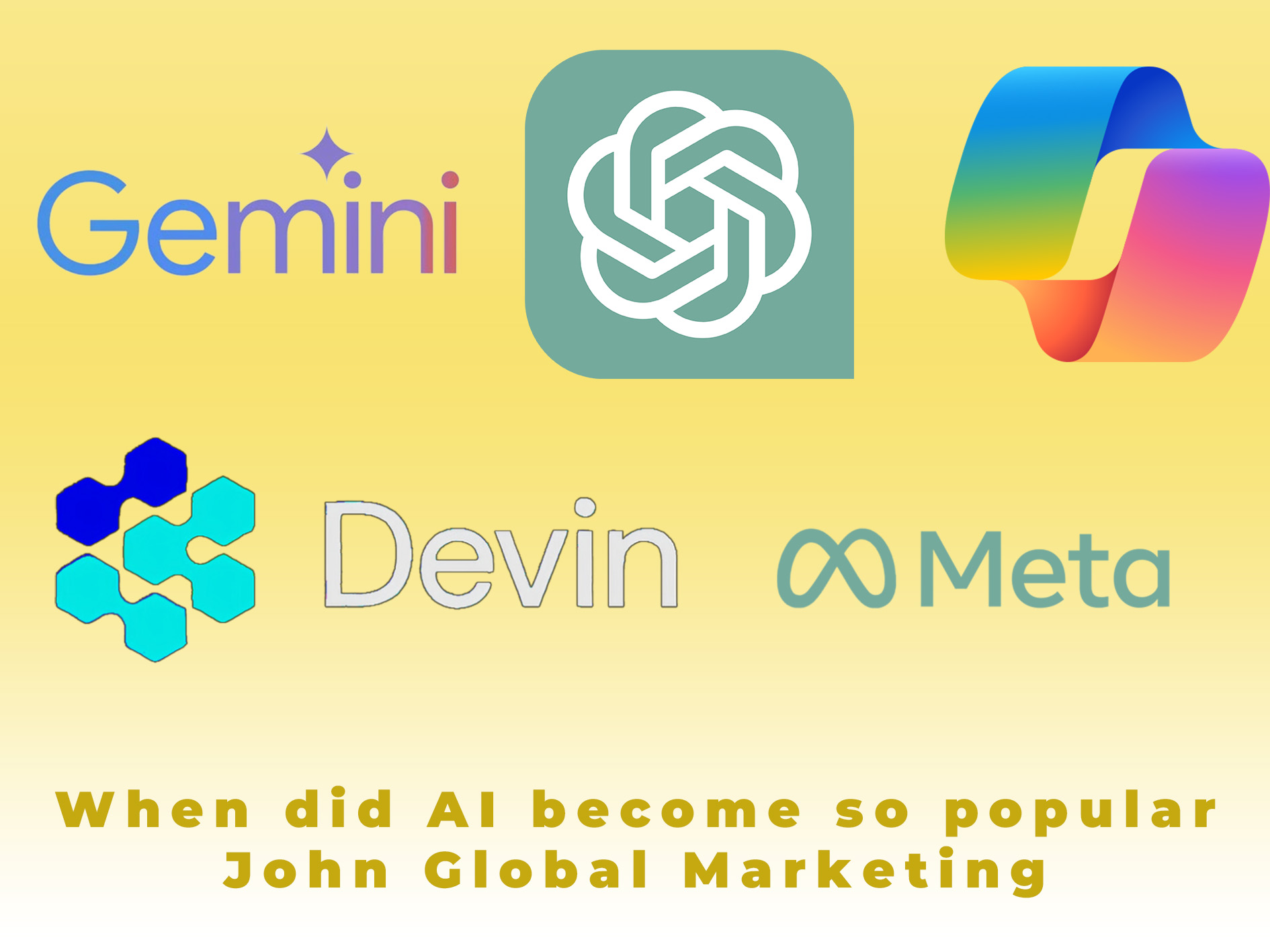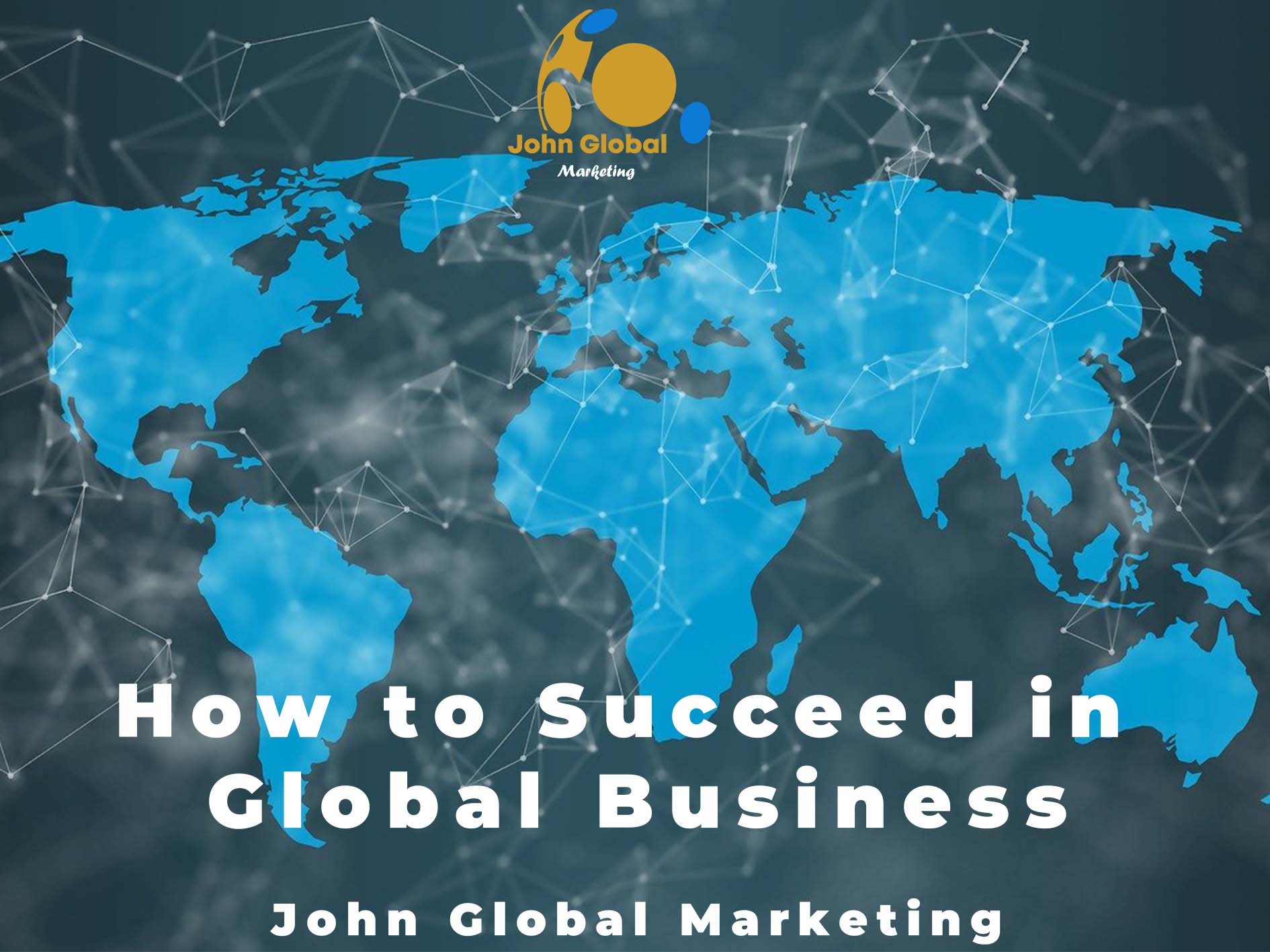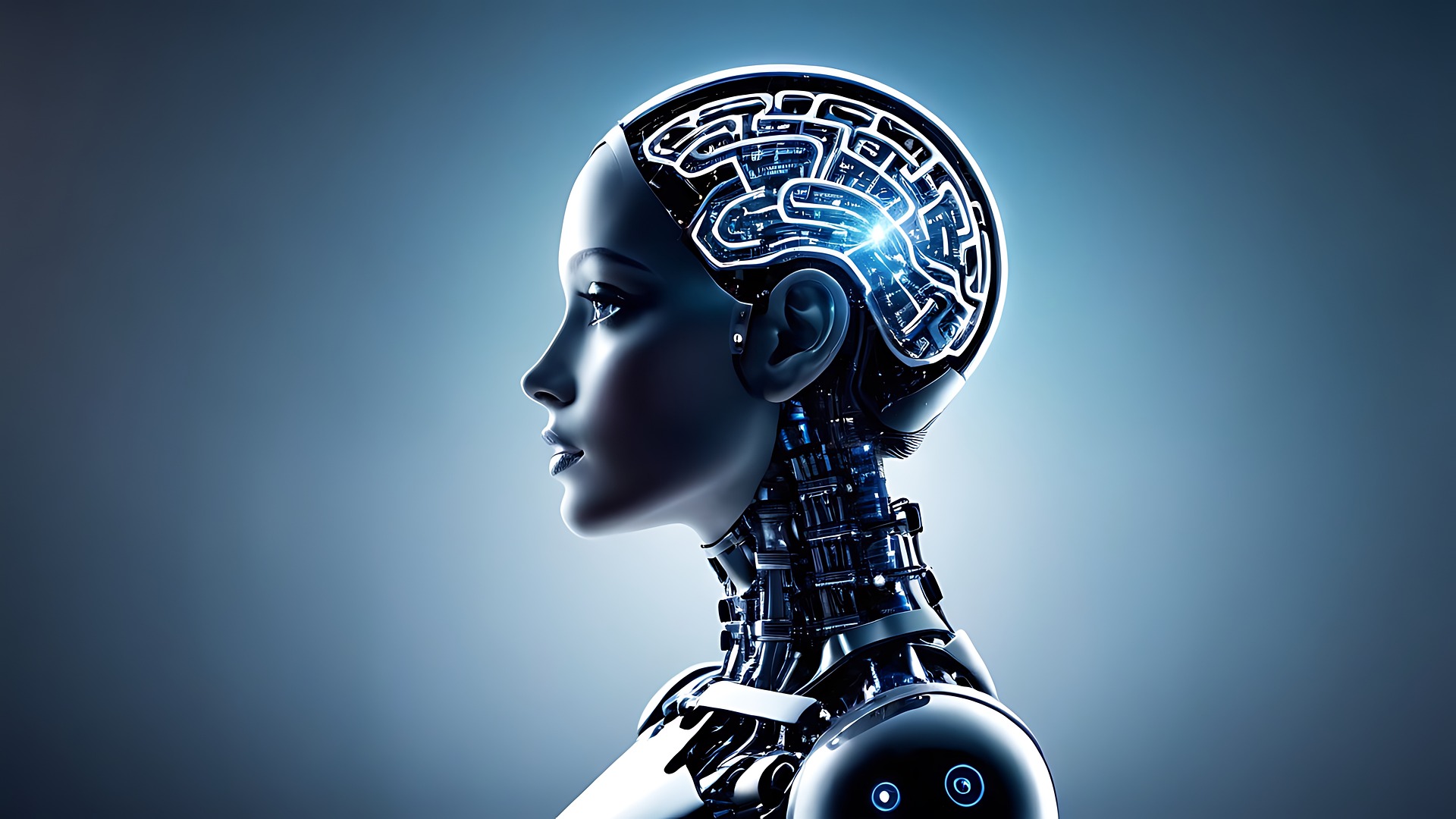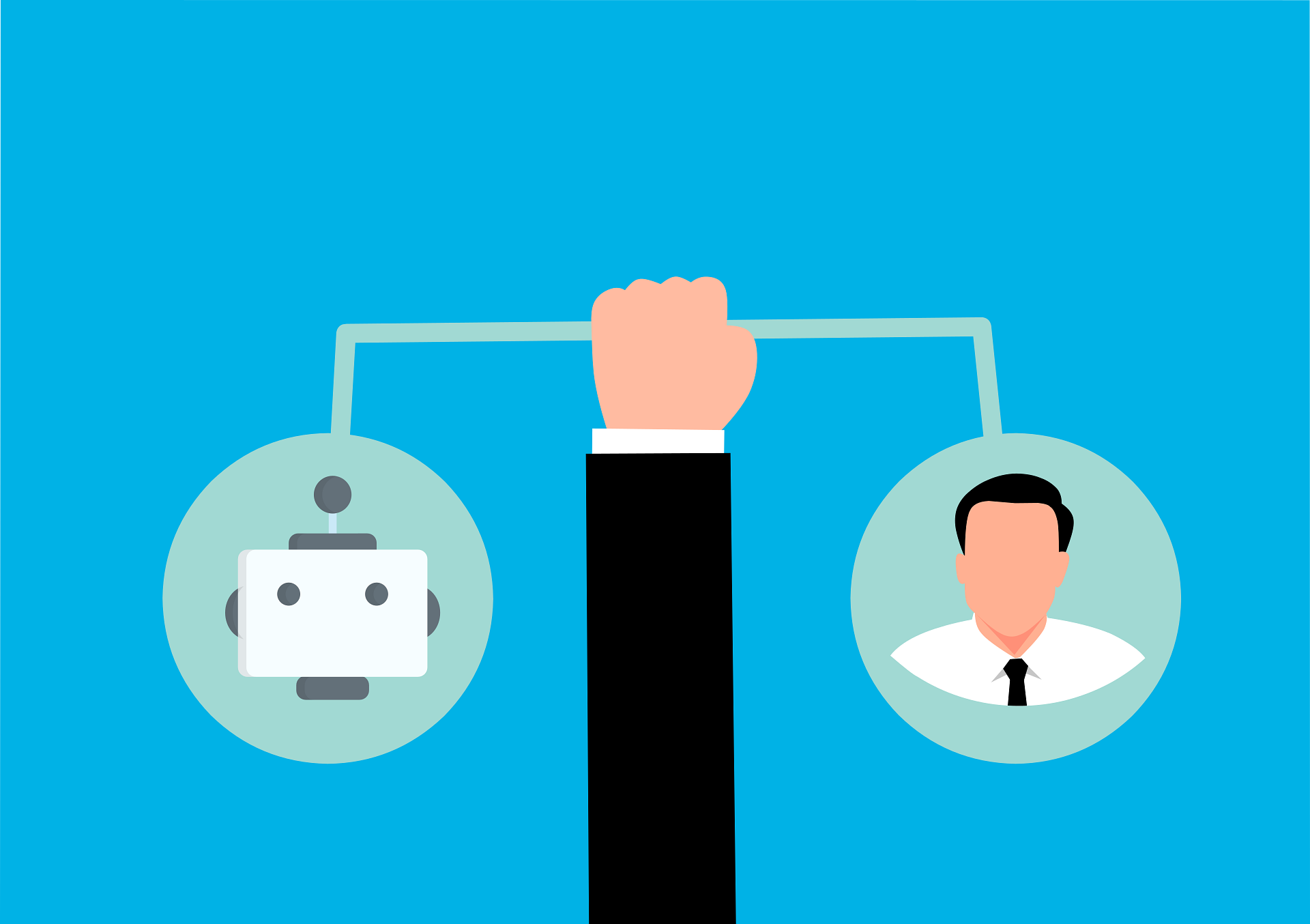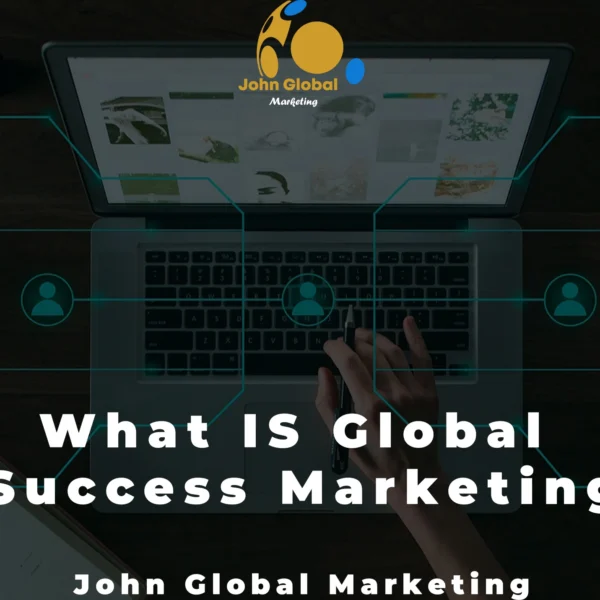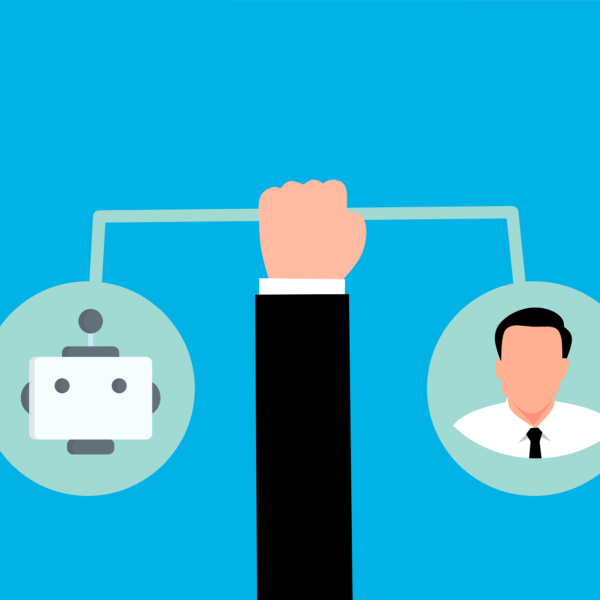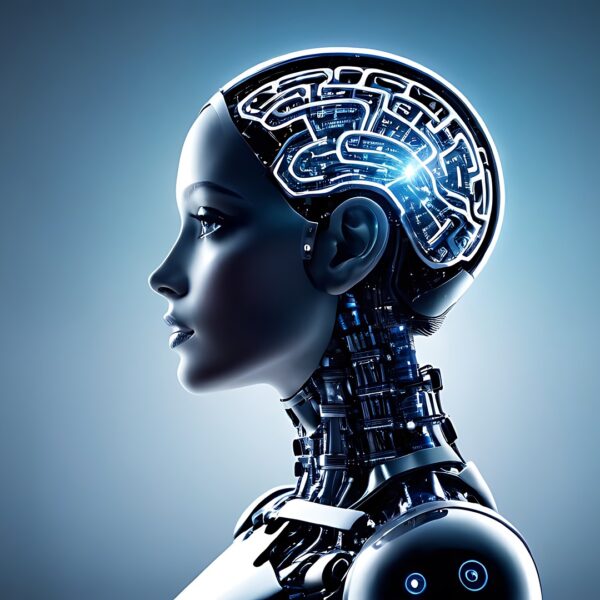Artificial Intelligence
has come a long way from its initial status as a scientific object to being integrated into our lives. It is becoming part of our lives in everything from how we communicate through technology, how our homes are managed, how we receive our health care, and how we are entertained. This article explores the journey of AI from its early days to its current mainstream presence, highlighting the factors that led to its widespread adoption and the significant changes that have come to our everyday experiences.
Early Days of AI
AI began in the mid-20th century, from the work that scientists like scientists like Alan Turing and John McCarthy did. The early days saw the development of AI in people’s daily lives and in machine learning and neural networks which led to significant changes in technology. despite these works that were done by scientists AI faced many challenges due to limited data, limited technology at that time, limited algorithms, and many others, this caused AI to stay in labs and research centers for a long time.
Factors Leading to Mainstream Adoption:
here we are going to see several factors that made AI become the mainstream.
Technological developments: Advances in computing and data processing made AI theory into practice. Now, powerful GPUs and cloud computing can handle the large amounts of data needed for AI, these large amounts of data are the ones that are used to train AI models for them to work with a lot of data. its like going into a new place without navigation or any map you can’t get anywhere without directions so that’s what happened to ai it needed a lot of data for it to improve and learn for it to work.
Innovations and Milestones: Major enhancements in AI came with the revolutionizing of concepts like deep learning and neural networks. such as IBM’s Watson winning the game show Jeopardy! in 2011 and Google’s AlphaGo defeating a world champion in the game of Go in 2016, showcasing the power of AI globally.
Role of Major Tech Companies: tech giants like Google, Amazon, Microsoft, IBM, and Apple invested in AI leading it to be scalable to everyone worldwide Google has Gemini, Microsoft Bing AI, and many others all of these companies made AI available to millions of people.
AI in our daily Life
Today’s AI is a part and parcel of our daily life lets outline them:
Consumer Technology: AI enables intelligent features in our phones, from voice assistants like Siri and Google Assistant to the suggestions of social media and shopping sites. it uses algorithms to check what we like and the content we like and then it gives the best option based on what you like, when you access business-related things that’s the content that they are going to suggest to you or any other topic means that they give you what you like based on what you see it learns from us.
Entertainment: Companies, including Netflix and Spotify, use AI to recommend shows and music we might like. they use AI to increase customers’ happiness because when you go there in those applications the algorithm checks what you have listened to or viewed and gives you what you want to see based on what you like.
Home Automation: Devices like thermostats and security cameras in smart homes learn our habits to optimize energy use for energy saving and save weather .
Healthcare: AI powers healthcare with better diagnostics, personalized treatments, and predictive analytics that can prevent health issues before they get out of hand.
Finance: AI helps to make finance more secure, identify fraud, perform risk assessment, and execute trading.
Social and Economic Impacts
here we are going to see how AI affects social life and economics:
Changes in the Job Market: While automating many jobs, AI opens up a new one for AI development and data analysis which will lead to significant changes in the jobs market.
Ethical Considerations: The pervasiveness of AI raises issues of privacy, algorithmic bias, and transparency in the decisions taken by AI.
Regulatory Responses: Governments are therefore developing regulations to ensure that AI is used in a responsible and socially beneficial way.
Data-based AI is essentially the future of AI in daily life
FUTURE OF AI
Emerging Trends: New developments in quantum computing, AI-driven robots, and advanced language processing will augment other advances in AI we are going to see the cars that are driving themself and making decisions like people.
Ongoing challenges: Even though we have made steps toward advancement, there are still issues regarding data security, ethical standards, and the digital divide that need to be addressed.
Vision for the Future: AI will become even more integrated into our lives.
Conclusion
I can conclude that AI is the best thing to come in our daily life from idea to reality even tho it took many years for it to be developed, it has changed the ways of our daily life like we said in healthcare and everywhere which makes life easier and amazing. as AI continues to grow we are likely to see the best of it making the future great for us.
FAQS
In what way does AI affect my privacy?
AI requires too much amounts of data if it is to perform well. Use services oriented towards the protection of data and maintain regulations like GDPR.
AI is going to replace all the jobs done by humans.
The work will be automated by AI, but it will also bring new job opportunities and a new industry. All the more reason you need to learn new skills and knowledge.
How can I ensure that AI is used ethically?
Enforce policies toward making AI development and use transparent, accountable, and fair.
Thank you for reading my post make sure to subscribe and comment 🤗🤗🤗🤗🤗✌️

